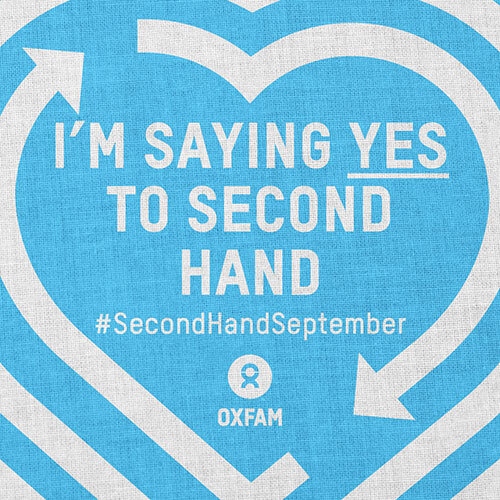By J S Khan
The announcement of job losses has become all too familiar over the last few months and, according to the Independent, unemployment in the UK is set to surge to 3.5 million this year. Some of the UK’s biggest companies such as British Airways, HSBC and John Lewis have been forced to cut thousands of jobs. According to City A.M, UK companies are collectively set to make over 85,000 job cuts due to coronavirus, with over 120,000 roles being cut overall.
Whilst the government’s furlough scheme has helped to ease a UK unemployment spike, and provided businesses with some breathing space, it is predicted that the job loss rate will further surge as furlough ends. The government is trying its upmost to kick start the recovery of the economy through various initiatives and we will just have to see how this year turns out.
Many existing businesses have been forced to be creative in order to ensure the sustainability of their business model throughout the pandemic and beyond. Whilst the immediate future looks bleak there are new and innovative businesses that have surfaced in the face of adversity and many budding entrepreneurs have come to the fore. None more so than Adam Freeman with his new business that is bucking the trend and creating jobs and opportunities.
I had the pleasure of meeting entrepreneur Adam Freeman (pictured below), CEO and founder of Maskey, who had his eureka moment when trying to find a suitable face mask. On speaking to his friend who owns a suit manufacturing company, Adam realised there was a connection to be made, hence the birth of Maskey.
The two friends have gone on to repurpose an existing tailoring business in order to launch Maskey, the UK’s first-ever manufacturer to offer fashionable face masks for sale through a contact-less vending machine. Maskey was born in April 2020 and their first Maskey vending machine was set up on the high street in Chigwell outside of a local convenience store. It went live on 10th May 2020, and according to Adam “The response was beyond what we could have expected. Within four days we had exceeded sales forecasts and the first Maskey machine was featured in a full-page article in one of the UK’s leading newspapers.”
The London-based company specialises in washable face coverings and has seen demand grow because of the COVID-19 crisis and the subsequent mandatory face covering on public transport and more recently in shops.
Maskey has created almost 50 new jobs in the last 2 months with a further 20+ planned as demand for the product increases. In addition to this they are currently in the process of building a second mini factory based in London which will create even more jobs. With 50 locations already in place, including Hamleys, they will be opening their fifth shop later this month and have recently signed a distribution deal with WHSmith to supply Maskeys to hundreds of their stores. In terms of production, Maskey is currently manufacturing 25,000 masks a week from its London factory.
Since the emergence of Maskey, there has been an overwhelming positive media coverage on the company from various tv broadcasters such as the BBC and ITV, and print media including The Huffington Post and the Metro, with further coverage on various radio stations.
Adam comes across as a very unassuming guy, dressed in a black top, jeans and trainers with an air of confidence, but speaking to him it was clear within the first 10 seconds that his mind is working on multiple levels. It was evident that Adam possesses all the characteristics of a brilliant entrepreneur and this is evidenced by other successful businesses that he has set-up in the past.
I couldn’t help but feel inspired by Adam and his approach towards life and business. It was clear that money was not the motivating factor in this enterprise as Adam stated, “Money is just a by-product of a great idea and hard work”.
Read more articles by Jay S Khan
THE CHALLENGES OF HOME SCHOOLING - COVID SERIES
OUTDOOR RETAIL MARKETS – PAST, PRESENT AND POST COVID




